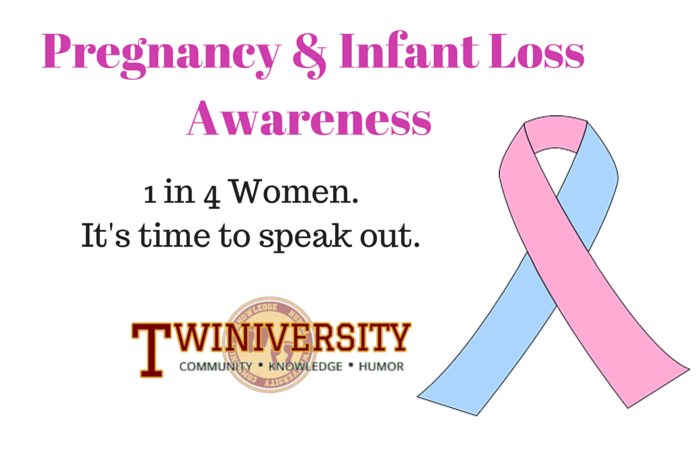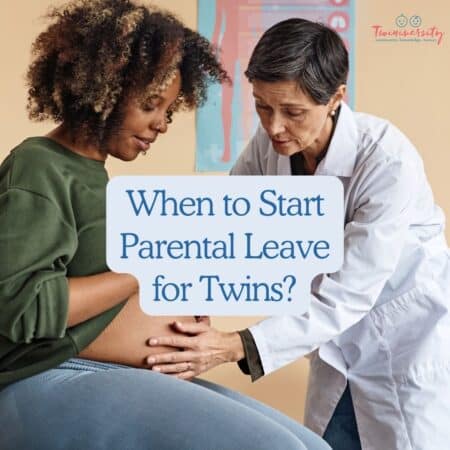Last updated on September 30th, 2021 at 10:13 am
While October is covered in pink each year, there is another, equally prevalent issue, that is rarely a topic of conversation. Pregnancy and infant loss affects 1 in every 4 women of every age, socio-economic class, and race across America; it does not discriminate. Women who experience pregnancy and infant loss are full of mixed emotions — sadness for a life that never came to full fruition, grief of all that was lost, guilt that they did something to cause the death, and sadly, they are even discouraged by family and friends when talking about the issue. If they successfully conceive later, family and friends wonder why they can’t just move on and forget. Of course, men are impacted by this loss just as deeply.
First Candle, a national support organization dedicated to advocating for safe pregnancies and the survival of babies through the first year of life, provides these statistics:
• 50% of these deaths occur at or near full term and often seem to be otherwise healthy babies.
• The majority of stillbirths (85%) occur before delivery, with 15 percent occurring during labor and delivery.
• It is estimated that nearly two-thirds of all stillbirth deaths remain unexplained. Researchers feel that this is more likely due to a failure to investigate the deaths, rather than a medical mystery.
Because it has become such a “hushed” and taboo subject, men and women often grieve quietly, without ever sharing their story of loss. Thousands of women have likely never opened up to anyone because they’ve been made to feel that their pregnancy was inadequate, that they can “try again”, and worse, that their baby was “invisible”, as many women never even receive a birth certificate at the hospital when delivering a stillbirth (only 25 states provide them).
It’s time to share our stories of grief. It’s time to validate what society has told us should remain in shadows. If you have experienced a loss, share your story with a friend or family member. Consider writing to your local media, offering your experience to support other women who have shared your same or similar journey. Advocate for your babies – contact your local congressional representatives and urge them to continue efforts on behalf of babies and families. Click here for steps in getting a proclamation from your Governor. If you’re feeling especially brave, share your story on social media outlets so that others can embrace your loss and better understand your grief.
Every time we share our story, it puts a face on the baby that we never held in our arms, sung to sleep at night, or watched take their first step. We make it real. Join organizations like Faces of Loss in putting a face to Pregnancy and Infant Loss. Let’s share this journey together in hopes of finding an end.







